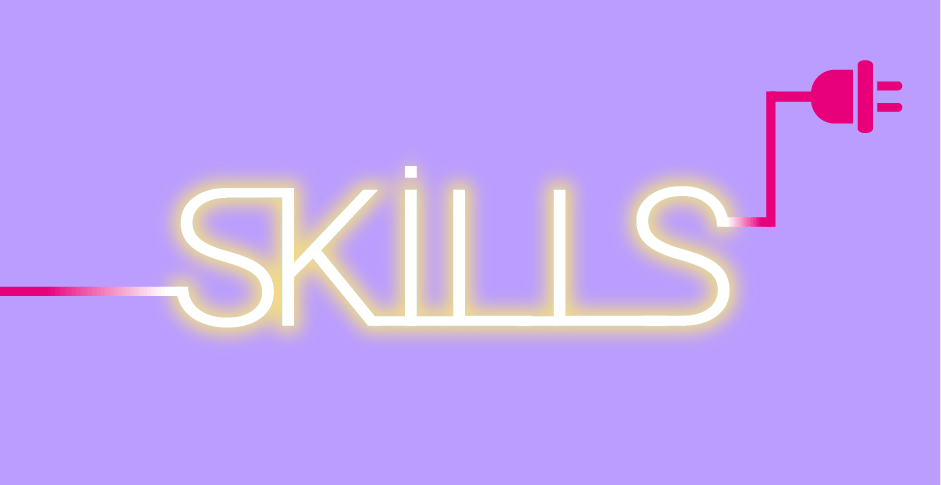The power of transferable skills
If you’re focused on finding a new role – or working in a different industry – you might worry that you lack the right experience or skills.
This is where transferable skills can be valuable. Because they can be used in all kinds of jobs and work environments, transferable skills can help you make the leap from one role or industry to another.
“All too often, when we are planning a career change, we become overly focused on what we don’t have, as opposed to what we do,” says Sabina Read, SEEKs Resident Psychologist.
In the video below, Read explains how transferable skills can be valuable and how you can apply them to industries or jobs you are interested in pursuing.
What are transferable skills?
Transferable skills are skills that can be applied to a range of different roles, industries or kinds of work – things like communication, leadership, creative thinking and time management, for example.
These skills can be very valuable to businesses and organisations – in fact, research conducted for SEEK reveals that the skills hirers listed as the top three most important skills for employees to have were all examples of transferable skills. These include:
- communication skills (36%)
- teamwork/collaboration (32%)
- critical thinking (28%)
- attention to detail/thoroughness (27%)
- self-motivation/initiative (23%).
These skills are considered transferable because someone who has demonstrated them in a retail setting, for example, could apply the same skills to work effectively in a corporate or hospitality role – and others, too.
How transferable skills can take you from one role to another
Transferable skills can give you a strong advantage when you’re looking for a new role. In fact, 3 in 4 employers consider that people with transferable or soft skills are more likely to land a job.
Looking closer at this data, we find that a third of employers rank work-related skills as the most important factor in deciding to hire someone from the same industry. And when considering people applying from a different industry, 45% of employers rank work-related skills as the most important consideration, higher than both previous experience and qualifications.
To see how this works in practice, let’s look at an example. Aisha has worked in a bookstore as an assistant manager for several years. She uses her communication skills to train junior staff, when processing customer returns, to help customers choose a book for a gift or communicate with suppliers.
If Aisha wanted to secure a job as an office manager for a local building company, it may seem like she has limited experience to include in her application. But Aisha can use many of the daily task examples above to show how she would apply her previous experience to scenarios likely to pop up in the role she is applying for.
In her retail role, Aisha might need to call suppliers to sort out an incorrect invoice, or call clients about incoming orders. Aisha could discuss how she usually handles these situations through clear and effective communication, and that this skill would help her to communicate well with suppliers or clients in the office manager role at the building company.
Identifying your transferable skills
Identifying your transferable skills is the first step – try this transferable skills checklist to get you started. Note down any transferable skills you’ve used in your current or previous roles, or volunteering or educational experiences if you don’t have previous roles to compare to.
Next, look through job descriptions for the kinds of roles you’re interested in applying to, and see which transferable skills are called for or could be valuable in these roles. These are the transferable skills that will be most useful to helping you make the move. Be sure to include these skills in your resume.
Finding examples of your transferable skills
The last step is to find examples of how you’ve used these transferable skills in the past. Note these examples down in your application where you can – it may be in your written responses to questions if that’s part of the process, or in your cover letter.
Then keep some examples in mind to discuss in an interview. Employers want to know about your skills, and having examples that you can talk about in an interview will give them important insight into the strengths you can bring to the role.
Having limited previous experience in a specific role or industry doesn’t have to be a deal breaker. If you can illustrate how you’ve used the skills necessary to do a new role in a previous job, you’ll not only help to show your suitability – you’ll also be demonstrating attention to detail and an understanding of the role on offer.
You've got more skills than you know. Discover your hidden talents today and put your skills to work.
Source: Independent research conducted by Nature of behalf of SEEK, interviewing 4800 Australians annually. Published June 2021.
